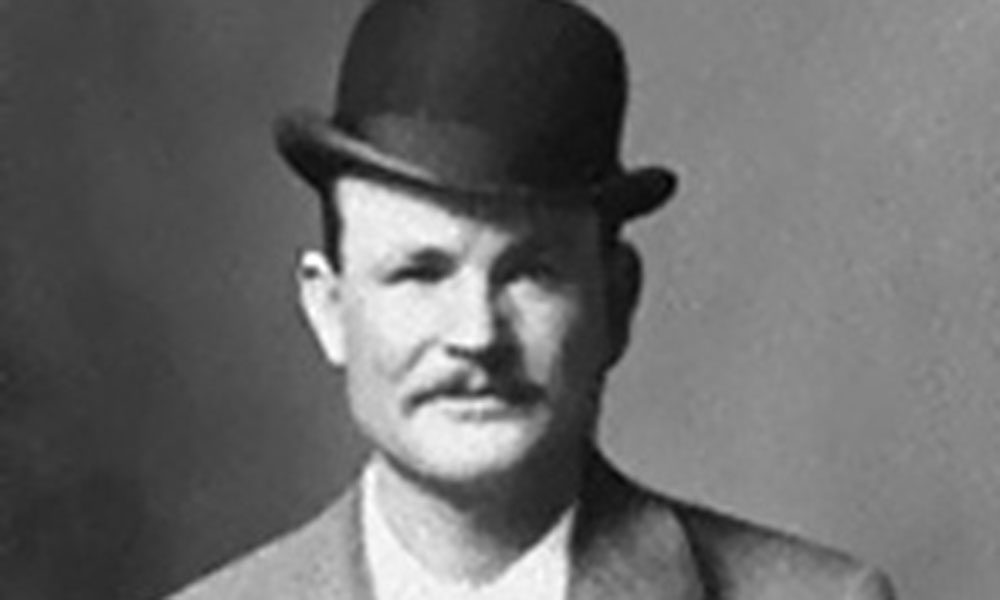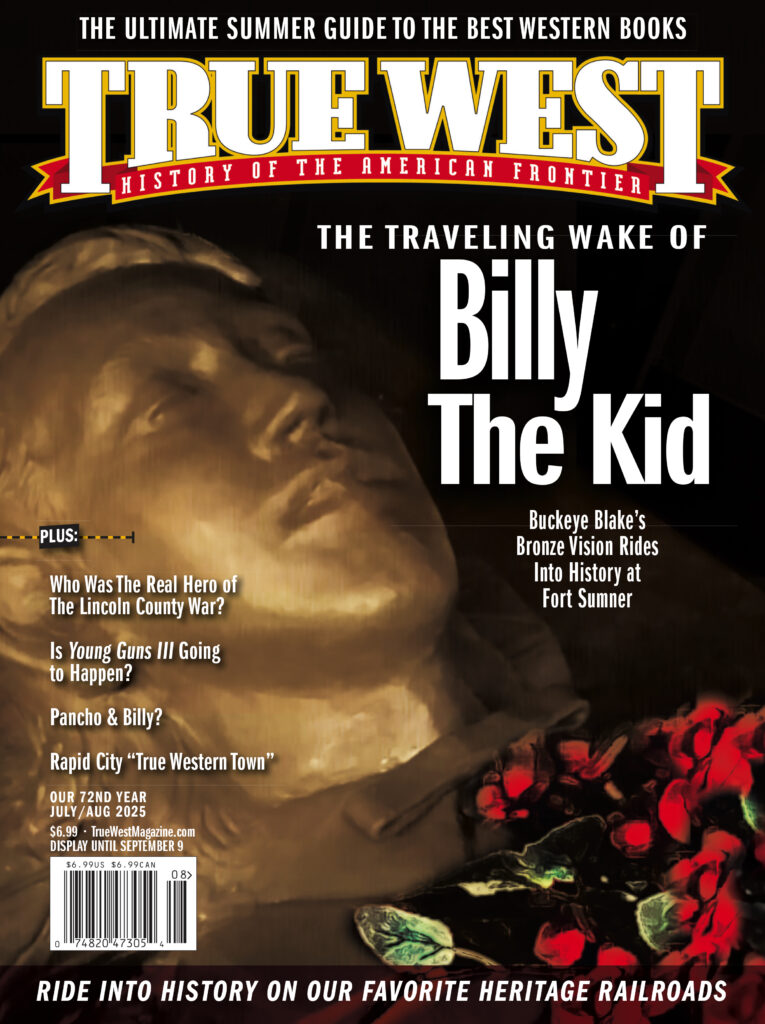
By the latter part of the nineteenth century train robberies had become big business among western outlaws. During one period trains were being robbed on an average of one every four days. The Union Pacific Railroad created a special posse the rode the trains carrying a large payroll. Another car carried their mounts so the posse could literally hit the ground running. Private detective agencies like Pinkerton’s were hired to use any means necessary to run the outlaws into the ground.
Working class people generally despised Banks and railroads, especially in the West following the Civil War. They saw them as high-handed, public-be-damned, oppressive bullies who took advantage of the common folk. In a play on words from another era in American history, it was known as the “Era of Good Stealing.”
They read about the Credit Mobilier and Boss Tweed scandals where millions of dollars were stolen from American taxpayers. A band of outlaws robbing a bank or train for a mere $10,000 didn’t seem like much in comparison. They cheered openly for those who tweaked the nose of corporate America. This gave rise to what is known as social banditry that carried over to the days of Pretty Boy Floyd and Bonnie and Clyde. Many saw outlaws as Robin Hoods and provided outlaws on the lam with food and fresh horses. The myth of the social bandit began with a man named Jesse James, and a journalist named John Newman Edwards.
There has always been a great deal of appeal for the social outcast, the figure who was wronged by corporate America, the railroads or banks and turned to outlawry to fight injustice. No outlaw fits this Robin Hood image more perfectly than Jesse. Along with a friendly newspaper editor, Jesse acted as his own press agent. In reality, he bore little resemblance to the Robin Hood legend. Like many, he was the product of an era that spawned a breed that couldn’t or wouldn’t return to the normal life after the War. The best example of a social bandit came in the latter days of the Old West, was Butch Cassidy. He was a likable guy who was careful not to shoot innocent people and set the standard for a well-executed holdup and esacpe.





